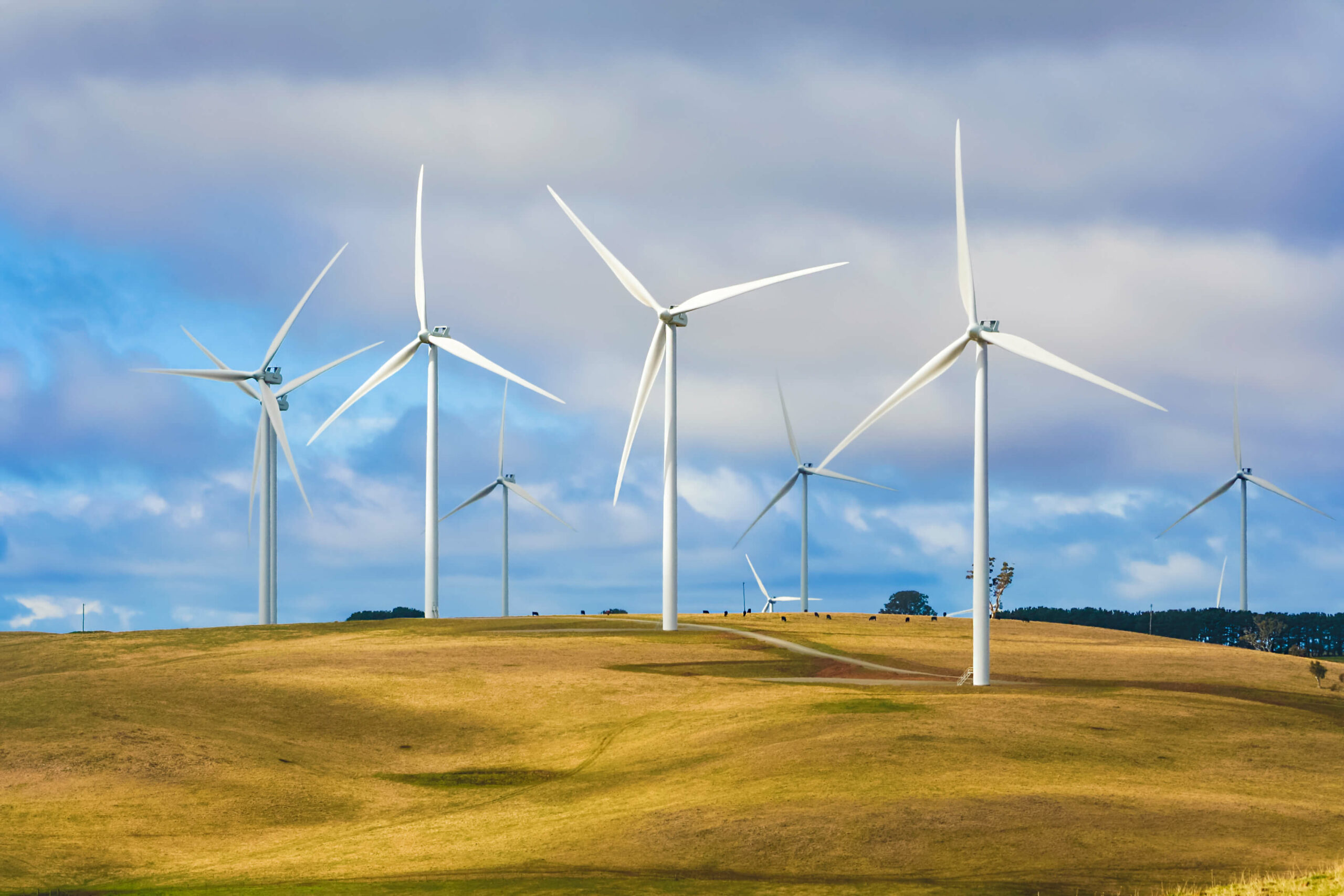Feasibility studies of energy projects
Overall Course Objectives
Students learn to assess the feasibility of energy projects from both a societal and a business perspective, focusing on economic and financial feasibility but also taking into account environmental, regulatory and sustainability perspectives.
See course description in Danish
Learning Objectives
- Describe the contents and steps of a feasibility study of an energy project.
- Explain the difference between a socio-economic, private-economic, and bankability feasibility study.
- Apply relevant methods to calculate key economic and financial indicators such as net present value, internal rate of return, payback time, and debt service coverage ratio of an energy project.
- In addition to a project’s economic feasibility, briefly evaluate the most relevant and important environmental, social, and regulatory feasibility aspects for an energy project.
- Identify and critically apply data from different sources
- Analyse the uncertainty and risks related to feasibility and bankability results by creating appropriate scenarios and sensitivity analyses.
- Consider the sustainability of a project in relation to the EU Taxonomy for sustainable activities.
- Elaborate on the implications of the results from a feasibility study, to assist those who make decisions about developing energy projects
- Critique the different uses of an isolated analysis of a single project, as opposed to a more comprehensive energy system analysis.
Course Content
We introduce the concepts of economic valuation, investment analysis, levelised costs of energy, financing of projects and sensitivity analysis. The course also briefly refers to other aspects of feasibility assessment such as environmental, social and regulatory considerations. Through in-class sessions, home study with lecture notes and videos, exercises and group work, the students gradually learn how to create project valuation models and perform feasibility studies. Throughout the course, students work in groups on a relevant case from the energy sector, for which they elaborate a feasibility report. The course prepares students towards the end of their Master studies to navigate in a professional work environment that demands skills in both engineering and economics, e.g. as in project management.
Possible start times
- 36 – 49 (Tues 8-12)
Recommended prerequisites
42003/28870
Teaching Method
In-class sessions, home study with lecture notes and videos, exercises, case studies in groups
Faculty
Remarks
As this is an applied course drawing from general knowledge on sustainable energy and putting it into action in a business-like setting, we highly recommend students to take the course in their last year of studies.






